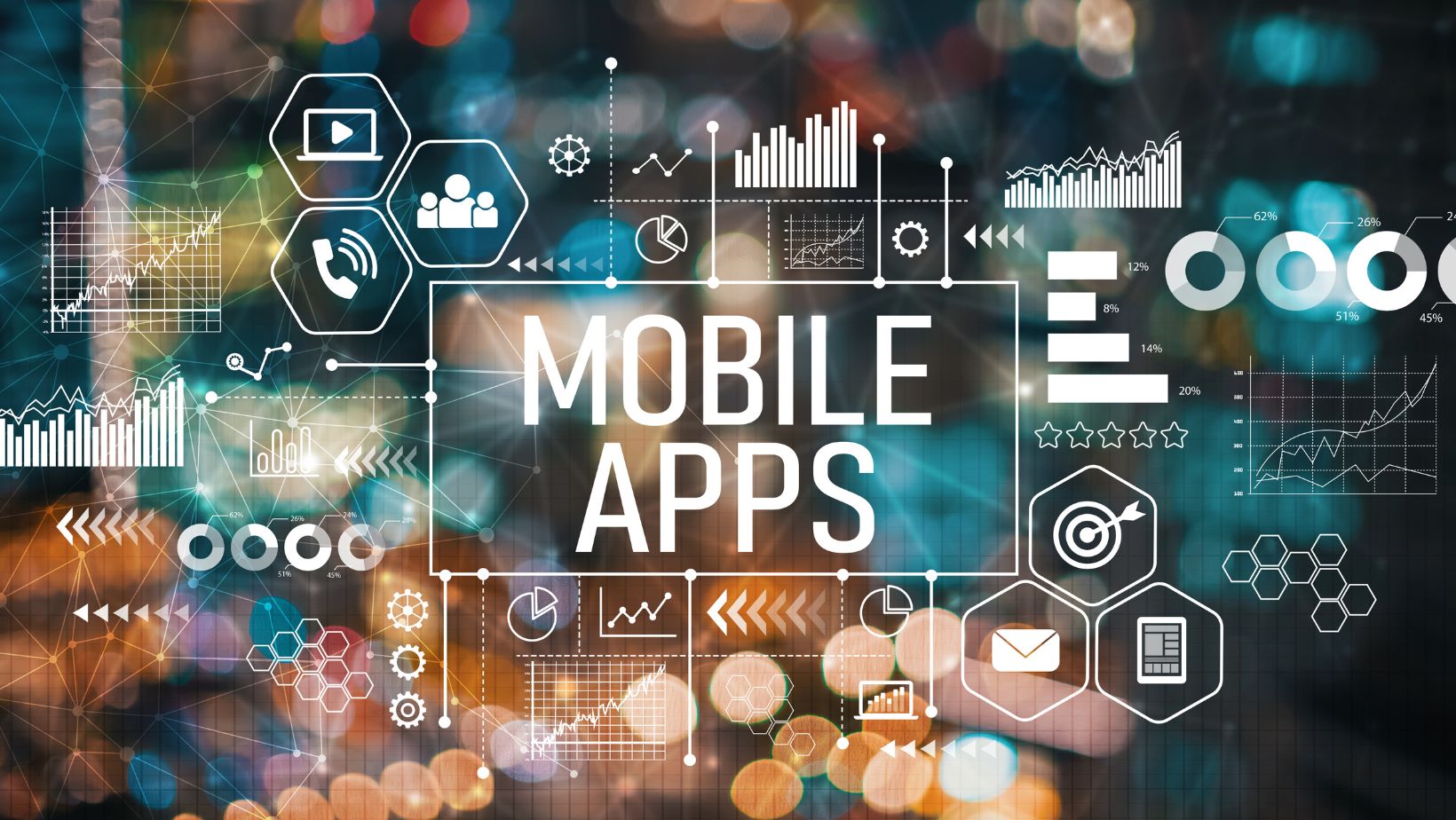Enterprises are now expected to deliver apps that think, learn, and respond in real time—creating experiences that are intuitive, predictive, and hyper-personalized.
As we move into 2025 and beyond, understanding how AI and ML will shape the future of mobile app development is not just strategic—it’s mission-critical.
In this blog, we explore the most impactful trends in AI mobile app development, practical applications, and how forward-thinking businesses can stay ahead of the curve by leveraging cutting-edge AI development services.
Why Artificial Intelligence in Mobile Apps Is No Longer Optional
The traditional mobile app experience is evolving rapidly. With next-gen mobile user experiences rising and competition growing fiercer, enterprises must rethink how they design and scale apps.
Here’s why AI integration is becoming essential:
- Enhanced user engagement through AI-powered personalization and prediction
- Operational efficiency via intelligent automation and reduced manual inputs
- Faster innovation cycles by leveraging real-time learning and insights
- Stronger decision-making with predictive analytics and pattern recognition
Enterprises adopting AI in mobile app technology are seeing measurable improvements in user satisfaction, retention, and ROI.
Top AI/ML Trends in Mobile App Development in 2025 & Beyond
1. Edge AI for Real-Time Personalization
Edge AI processes data locally, enabling real-time personalization, offline functionality, and faster decision-making.

2. Generative AI for Enhanced UX
Generative AI transforms mobile UX with AI-powered chatbots, copywriting, and visuals. Apps using GPT or DALL·E report up to 40% improvement in user interaction. For enterprises, this means faster content delivery, personalized recommendations, and automated creative workflows, helping reduce marketing costs and improve app stickiness in a crowded app ecosystem.
3. Predictive Analytics in Mobile Apps
Predictive analytics powered by machine learning help forecast user behavior, churn rates, and individual preferences with greater accuracy. Enterprises in fintech, healthcare, and e-commerce have seen up to 50% reduction in churn and 30% increase in user retention. By anticipating user actions, businesses can make data-driven decisions, enhance personalization, and optimize resource allocation in real time.
4. Multimodal AI Integration
Multimodal AI blends text, speech, images, and gestures to create seamless, human-like interactions. Enterprises integrating this see up to 60% boost in user satisfaction. From AI tutors to virtual assistants, multimodal apps allow brands to connect with users on deeper levels—crucial in sectors like edtech, healthtech, and customer service.
5. AI-Powered Mobile App Security
AI fortifies mobile apps through anomaly detection, behavioral biometrics, and continuous authentication. Enterprises adopting this tech report 70% fewer data breaches and increased user trust. In an era of rising cyber threats, AI-driven security ensures compliance, reduces fraud, and builds long-term brand credibility.
6. ML Model Personalization
With federated learning and on-device AI training, enterprises can deploy custom ML models for every user. This results in up to 45% more relevant recommendations and higher conversion rates. Personalization at scale empowers apps in fitness, education, and wellness to deliver better outcomes while keeping user data private.
7. Emotion AI and Sentiment Recognition
Emotion AI enables apps to respond to user emotions in real time. Enterprises using it in customer service and wellness apps see 30% better user satisfaction and 25% more conversions. By decoding mood and intent, these apps create empathetic, emotionally aware interactions that foster stronger brand loyalty and engagement.
Future-Proofing Your Mobile App Strategy
To remain competitive in today’s AI-driven landscape, enterprises should:
- Choose AI-ready tech stacks and cloud platforms
- Implement MLOps pipelines for continuous improvement
- Upskill teams in AI/ML or partner with AI consultants
- Prioritize data privacy, explainability, and ethical AI use
Impact of AI on Mobile App Development Across Industries
Healthcare
AI is revolutionizing mobile healthcare apps with:
- Virtual health assistants offering 24/7 patient support and symptom checks
- AI-based diagnostics enabling faster, more accurate disease detection
Fintech
Integrate AI into mobile banking and finance apps to improve user experience and security by:
- Robo-advisors delivering automated, data-driven investment advice
- AI chatbots managing customer service with instant responses
- Real-time fraud detection safeguarding financial transactions
Retail & E-commerce
Mobile retail apps are leveraging AI to drive engagement and sales with:
- Hyper-personalized product recommendations based on browsing behavior
- AI-powered visual search allowing users to find products using images
- Inventory prediction for smarter stock management and demand forecasting
EdTech
AI is transforming mobile learning apps by making education more adaptive and insightful:
- Customized learning paths that evolve based on student performance
- ML-powered progress tracking for detailed learning analytics
Challenges to Prepare For
While opportunities are abundant, challenges persist:
- Navigating AI regulations and data privacy laws
- Addressing AI bias and fairness
- Ensuring model transparency and explainability
- Managing data volume, storage, and quality
- Enterprises must weigh innovation with responsibility.
How Enterprises Can Leverage These AI-Powered Mobile App Development Trends
To stay ahead in today’s competitive landscape, enterprises must adopt a strategic approach to integrating AI into mobile app development. It starts with crafting a clear AI integration roadmap aligned with business goals. Building proof of concepts (PoCs) for AI features allows organizations to test performance and feasibility early on.
Partnering with experienced mobile app development company in USA ensures scalable and secure implementation. Additionally, leveraging low-code or no-code AI tools helps accelerate prototyping and innovation without deep technical dependencies.
Most importantly, enterprises should continuously track user behavior and app performance using AI-powered analytics to optimize experiences, boost ROI, and stay responsive to evolving user needs.
Conclusion: The Time to Act Is Now
AI and ML are no longer future trends in mobile app development—they’re transforming the present with rapid and unstoppable momentum. Enterprises that act now will lead tomorrow.
By tapping into latest trends in mobile app development capabilities and aligning your app strategy to upcoming trends, you can future-proof your mobile presence and deliver truly intelligent, human-like app experiences.




